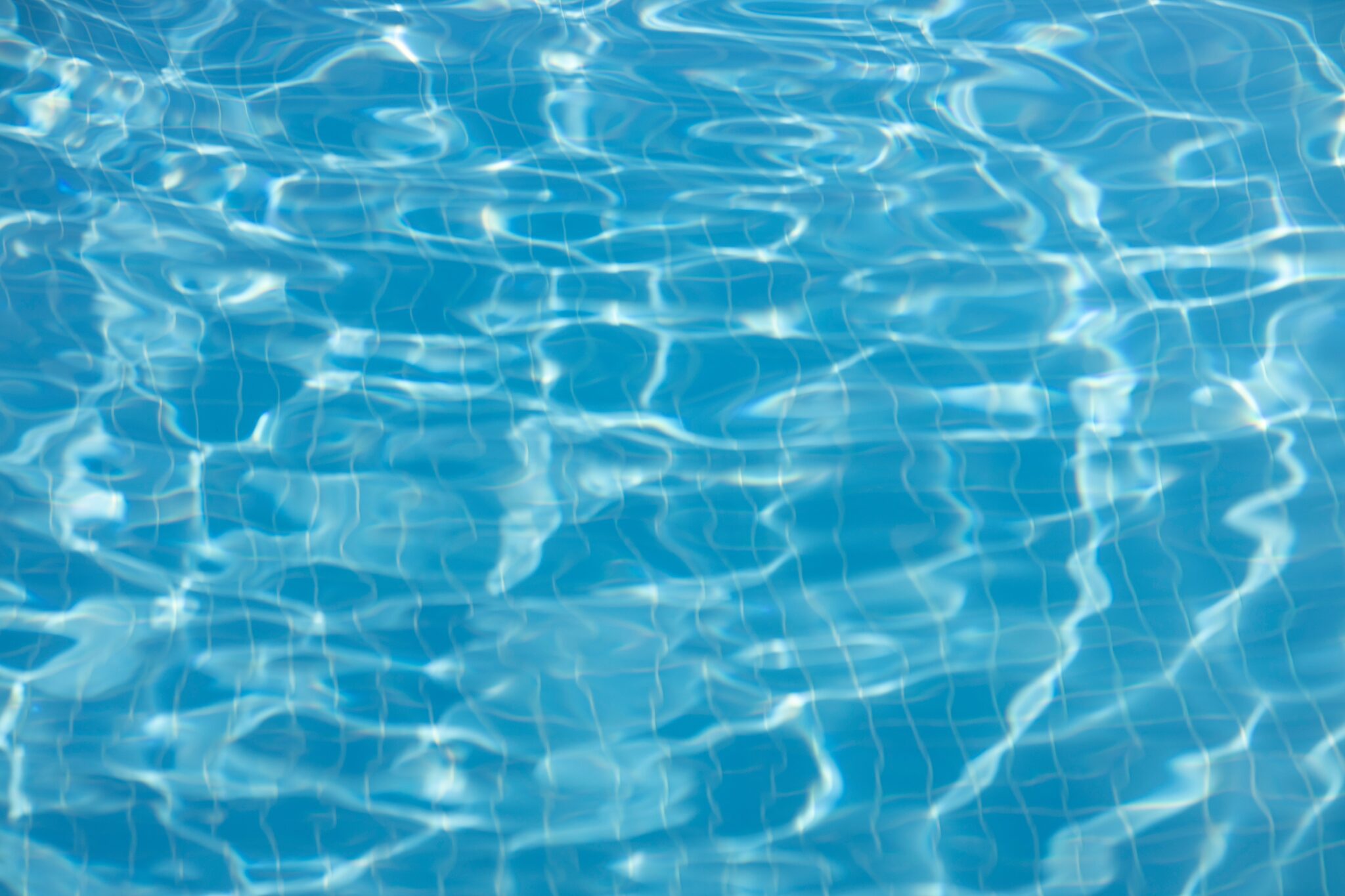
Learning or knowing how to properly dispose of pool chemicals is an important part of having a pool or hot tub, not only for the health of you, your family and friends but for the environment as well. Pool chemicals cannot simply be thrown out in the trash or into the recycling bin. Doing so can place many people at risk. If the chemicals spill or mix together, it may lead to serious consequences.
Why Are Pool Chemicals Considered Hazardous?
Direct exposure to pool chemicals can result in skin burns and irritations for you, your local garbage collector, or anyone handling it. The chemicals are also highly combustible. As chemicals mix, they can produce poisonous gases, too, that can pose a serious health hazard or may even create a chemical reaction that causes an explosion or fire—in your trash can, in the back of a garbage disposal truck or in a landfill. Eventually, if not properly disposed of, those chemicals seep into the ground, contaminating the soil and groundwater of your home or that of a landfill.
Nevertheless, pool chemicals are necessary. Every pool and hot tub needs to be treated regularly to keep the water safe for swimmers and bathers. That treatment requires a lot of chemicals. Left untreated, harmful bacteria and parasites can accumulate in the water, along with other organic material like dirt, sweat, sunscreen lotions, and even urine, leaving those swimming or playing in the pool susceptible to infections and serious intestinal illnesses.
Types of Chemicals Used in Pools
Pool water then must be routinely disinfected and cleaned to ensure the health and safety for all those who use a pool. Forms of chlorine and types of acids are common chemicals used to disinfect and balance pools and hot tubs. Chlorine is a primary disinfectant, but it may also contain other compounds such as sodium hypochlorite, a microbial pesticide to neutralize the bacteria and parasites.
Chlorine does not maintain pool water’s much-needed pH balance, however. Every pool or hot tub must have the correct pH level to prevent eye irritation or painful skin rashes. It’s done through the introduction of acids. Muriatic acid, sodium bisulfate, sulfuric acid and nitric acid are commonly used chemicals that help lower the pH. Other various chemicals added to pools and hot tubs include algaecides to prevent algae from sprouting up on the sides and bottom of pools, concentrated chlorine shock treatments to keep the pool water clear, and water clarifiers to help remove dirt.
How to Dispose of Pool Chemicals
The importance of understanding how to properly dispose of pool chemicals is an essential part of owning a pool or hot tub. These chemicals have a shelf life of approximately 3 to 5 years, so it’s common practice to be disposing of them every so often. There are several ways to dispose of chemicals from your pool or hot tub:
- Dispose at a household hazardous waste (HHW) facility. This is the best way to dispose of pool chemicals because their members are properly trained and experienced to safely handle these types of materials.
- Contact the local Solid Waste Authority. They can help you to find out where and when to bring pool chemicals for disposal. Many communities have local household hazardous waste collection programs a couple of times a year, while others offer routine drop-offs at their facilities.
- Check with the pool supply store you purchased the chemicals from. They may have further information on proper disposal.
- Check with your local authority as well to find out how to recycle empty plastic bottles or containers that the pool chemicals are packaged in. The community may or may not have curbside pickup for the recycling of the emptied pool chemical containers.
Contact the Experts at MLI Environmental
MLI Environmental understands that pool chemicals are necessary to keep your pool water clean and disinfected. However, it’s also important to note that they are harmful and hazardous chemicals that need to be handled and treated properly for disposal. Classified as a household hazardous waste material, we strongly urge and highly recommend following the directions for proper disposal that is printed on the container’s label and following community guidelines when disposing of pool chemicals and empty containers. Finally, as a home hazardous material product, be sure to read the safety data sheets to fully understand how to handle the material for disposal.
Enjoy your pool and keep it clean, but remember that the proper disposal of those old pool chemicals is just as important to ensure your health and a clean, healthy environment. To learn more about our waste management services at MLI Environmental, please contact us today!
